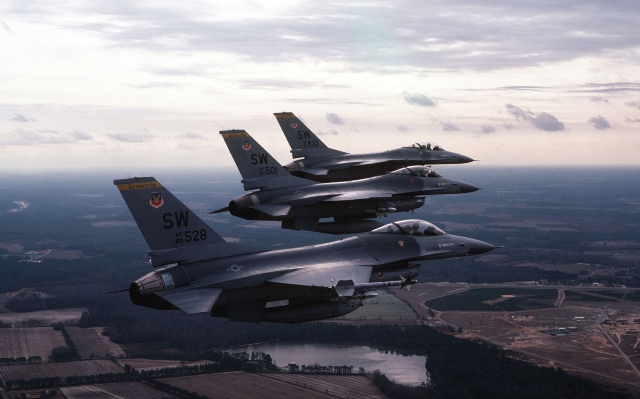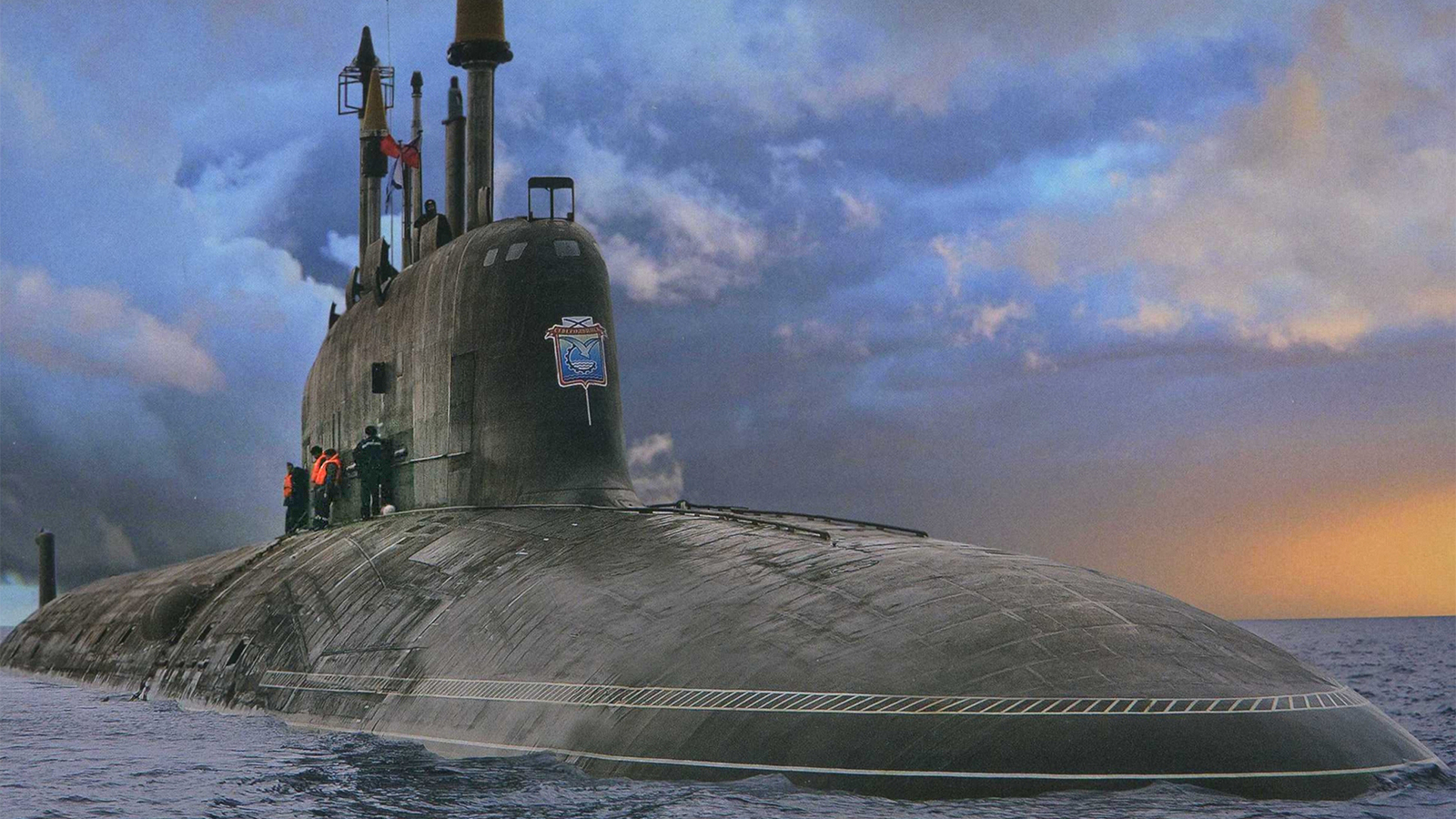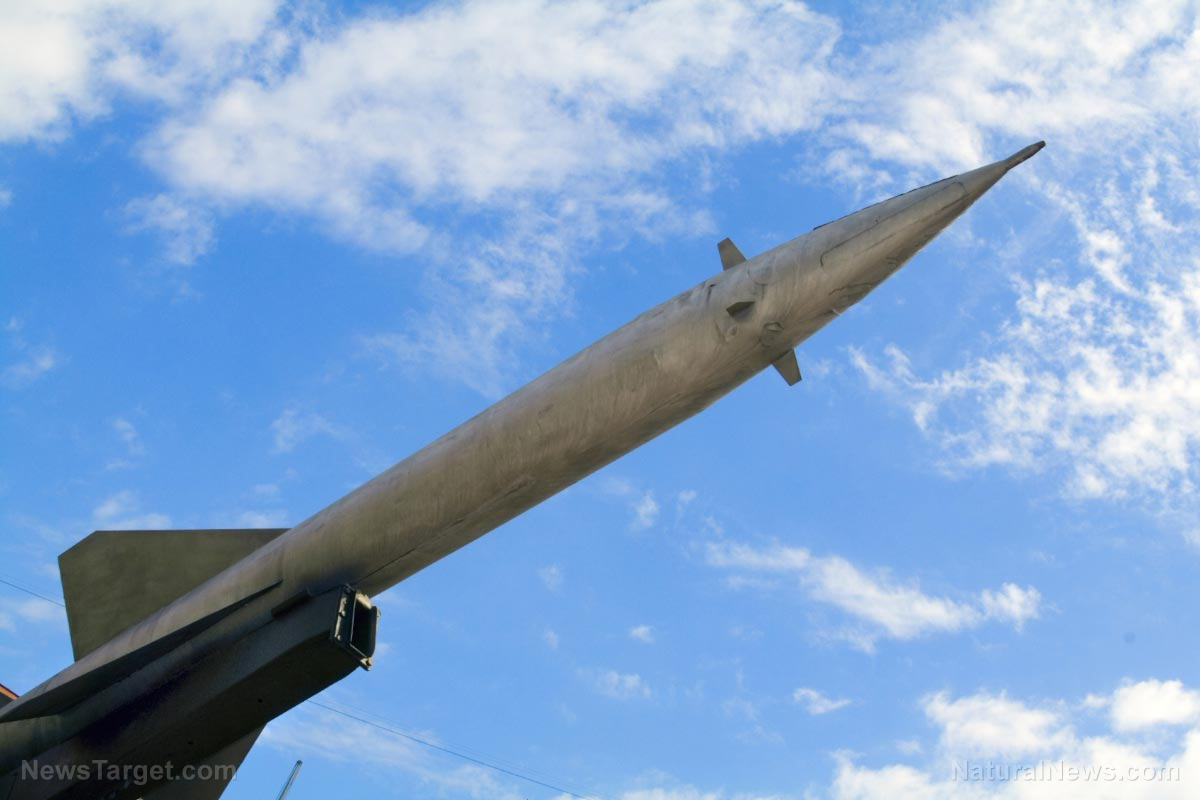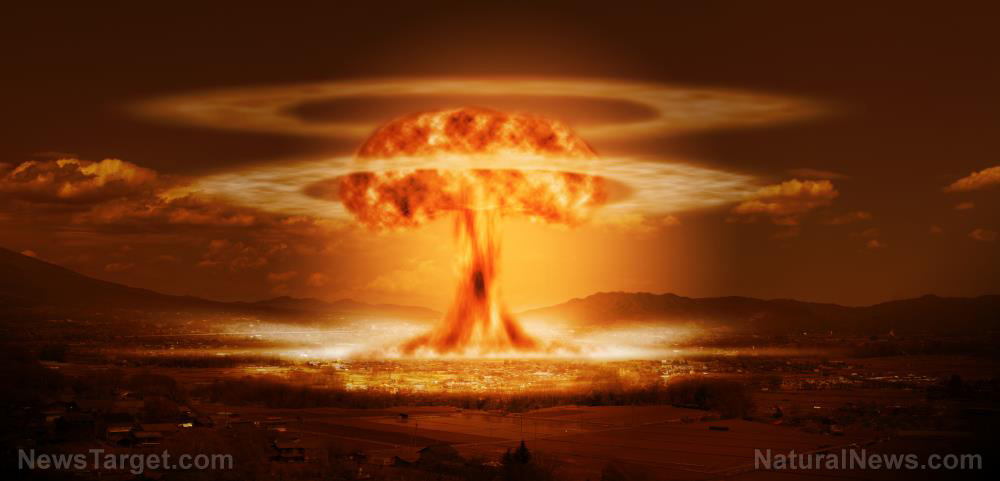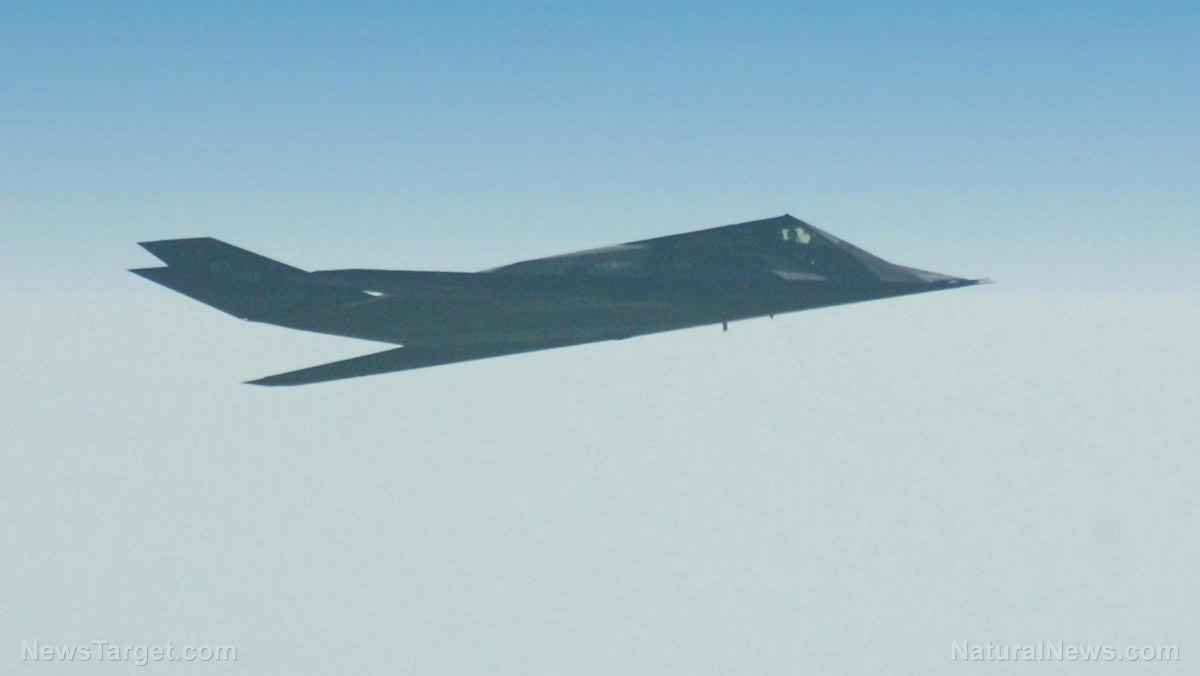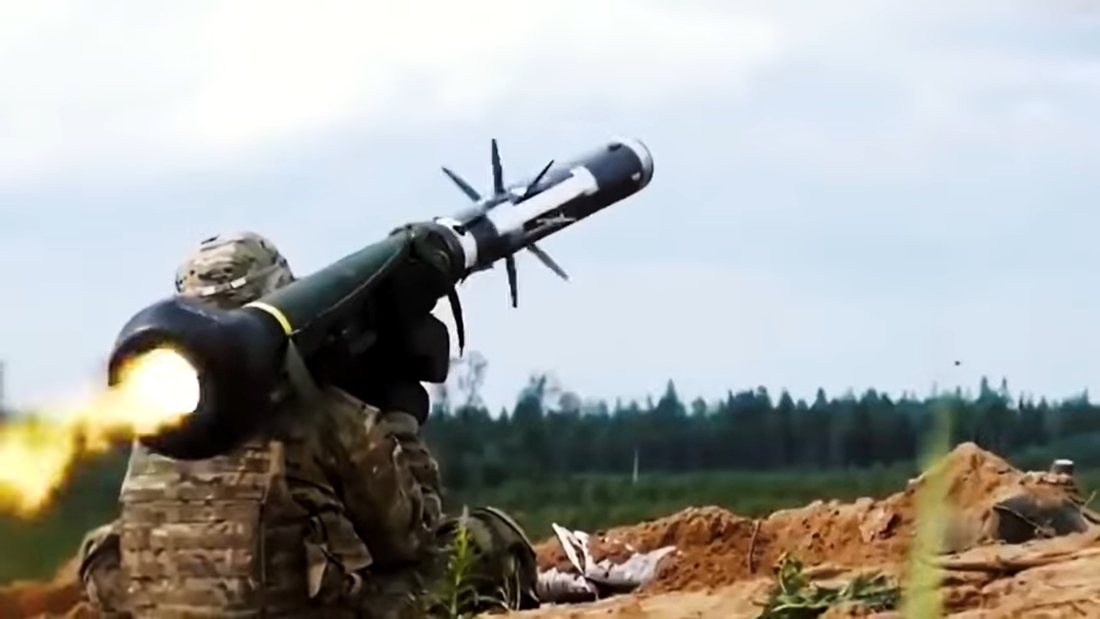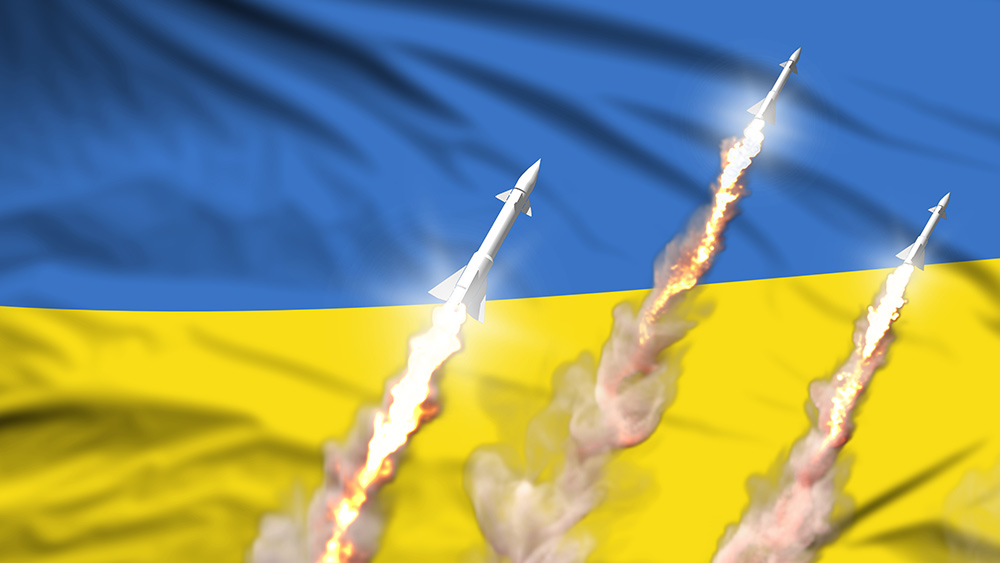NATO considers deploying more nuclear weapons to operational status
06/24/2024 / By Belle Carter
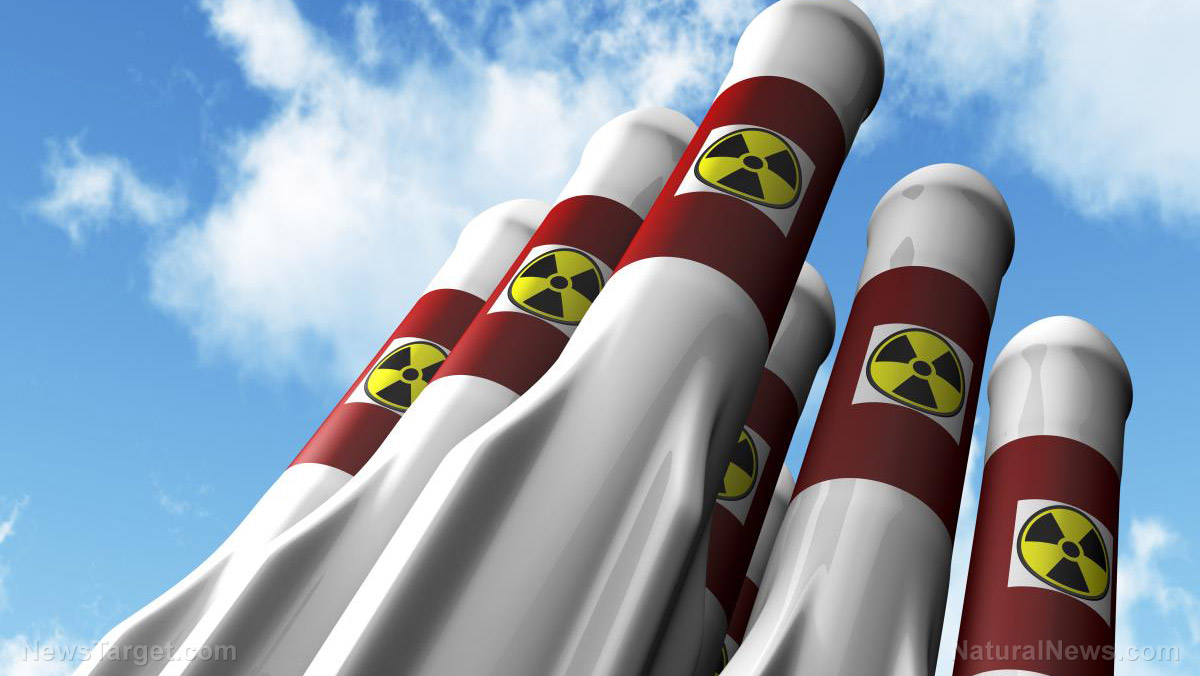
The North Atlantic Treaty Organization (NATO) is considering increasing its deployment of nuclear weapons, NATO Secretary-General Jens Stoltenberg said as he claimed that Russia and China have been threatening that they would not think twice about using their nuclear warheads when needs arise.
“I won’t go into operational details about how many nuclear warheads should be operational and which should be stored, but we need to consult on these issues,” he claimed while speaking at the NATO headquarters. He claimed that the alliance is considering taking out the weaponry from the storage into standby.
Russian President Vladimir Putin has expressed that the deepening Western involvement in the Ukraine conflict could trigger an escalation and that they are serious about it. However, they “are not brandishing [nuclear weapons],” Putin told his audience at the St. Petersburg International Economic Forum on June 7. He reiterated that Russia would only consider using nuclear weapons if its sovereignty or territorial integrity were under threat. “I do not believe that is the case now,” Putin emphasized. He warned, however, that changes to the doctrine “are not ruled out.”
Moreover, Russia and Belarus began the second stage of their tactical weapon nuclear drills. According to Russia’s Defense Ministry, the drills are in response to “provocative statements and threats of individual Western officials against the Russian Federation.”
During the NATO meeting, Stoltenberg also warned of a perceived threat that China poses as it continues to develop its nuclear weapons arsenal. “NATO may face something that it has never faced before and that is two nuclear-powered potential adversaries – China and Russia. Of course, this has consequences,” Stoltenberg said, referring to estimates that China may have as many as 1,000 nuclear warheads by 2030.
The G7 also highlighted China and other third world countries “that materially support Russia’s war machine,” and said it would continue to sanction entities based in these countries “that facilitate Russia’s acquisition of items for its defense industrial base.”
Meanwhile, Stoltenberg urged NATO members to demonstrate nuclear transparency as a deterrent to nuclear aggression. “Transparency helps to communicate the direct message that we, of course, are a nuclear alliance,” he told the Telegraph. “NATO’s aim is, of course, a world without nuclear weapons, but as long as nuclear weapons exist, we will remain a nuclear alliance, because a world where Russia, China and North Korea have nuclear weapons, and NATO does not, is a more dangerous world.
On June 17, NATO spokesperson Farah Dakhlallah clarified Stoltenberg’s comments. “NATO is committed to ensuring a safe, secure and effective nuclear deterrent,” he said in a comment to the Kyiv Independent. “For that purpose, we have an ongoing modernization program to replace legacy weapons and aircraft. Beyond that, there are no significant changes to our nuclear deterrent.” (Related: Declassified documents reveal U.S. secret nuclear war project named “SIOP,” aimed at killing Russians and Chinese people.)
NATO includes 32 member states, with the United States, United Kingdom and France boasting nuclear arsenals. U.S. nuclear weapons are located in Belgium, Germany, Italy, the Netherlands and Turkey. The U.S. holds approximately 5,428 warheads, with 1,419 deployed. Russia has a larger arsenal, with an estimated 5,977 warheads and 1,549 deployed.
Putin to revise Russia’s nuke doctrine due to adversaries’ “ultra-low-power explosive nuclear devices”
During a state visit in Vietnam aiming to bolster ties in Asia amid its growing international isolation over its conflict with Ukraine, Putin has said he is considering changing Russia’s nuclear weapon doctrine due to the development of ultra-low-power explosive nuclear devices by his country’s adversaries.
Putin arrived in Hanoi on Thursday morning from North Korea after signing the strategic pact, which comes as both countries face escalating standoffs with the West and could mark their strongest connection since the end of the Cold War, Euro News reported. However, the Russian president said that he doesn’t expect North Korea’s volunteers to participate in the special military operation in Ukraine.
The West now worries that there could have been a possible arms arrangement in which North Korea provides Russia with munitions to be used in its war with Ukraine in exchange for Russian economic assistance and technology transfers that could enhance the threat posed by Kim’s nuclear weapons and missile programs. Both countries deny accusations of weapons transfers, which would violate multiple UN Security Council sanctions that Russia previously endorsed.
During the visit to Vietnam, Putin signed at least a dozen deals with his Vietnamese counterpart, including an offer to supply fossil fuels to Vietnam. He and Vietnamese President To Lam agreed to further cooperate in education, science and technology, oil and gas exploration and clean energy. The two countries also agreed to work on a roadmap for a nuclear science and technology center in Vietnam.
His trip was highly criticized by the U.S. Embassy in Vietnam. According to reports, the embassy said that no country should give Putin a platform to promote his war of aggression and otherwise allow him to normalize his atrocities. “If Putin is allowed to travel freely, it could normalize Russia’s blatant violations of international law,” it said in a statement.
Head over to NuclearWar.news for updates on possible escalations of worldwide conflicts into a nuclear war.
Sources for this article include:
Submit a correction >>
Tagged Under:
chaos, China, Dmitry Peskov, foreign relations, geopolitical tensions, Jens Stoltenberg, military tech, NATO, North Korea, nuclear, nuclear deterrent, nuclear war, nuclear weapons, nuclear weapons doctrine, Russia, threats, transparency, Ukraine, Vietnam, Vladimir Putin, weapons technology, World War III, WWIII
This article may contain statements that reflect the opinion of the author

